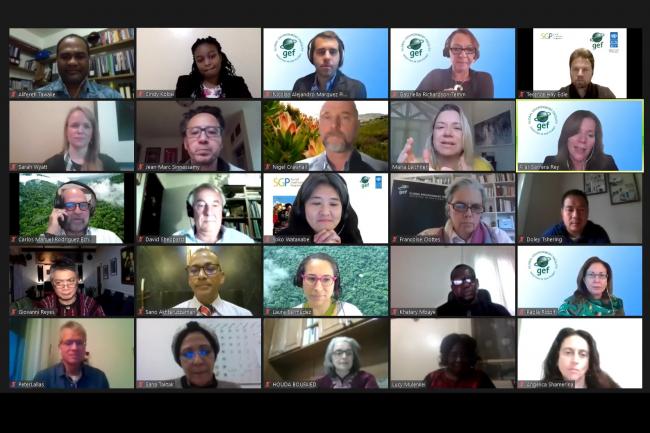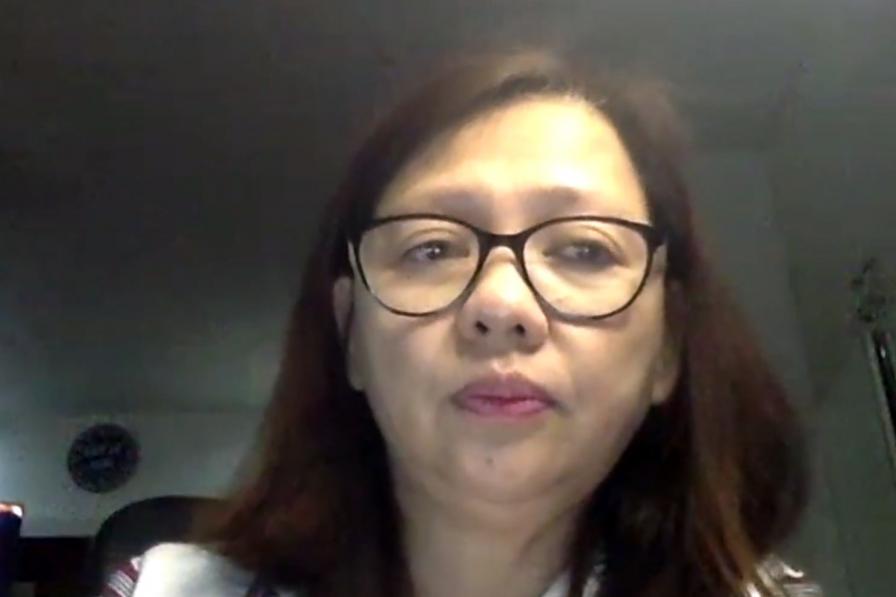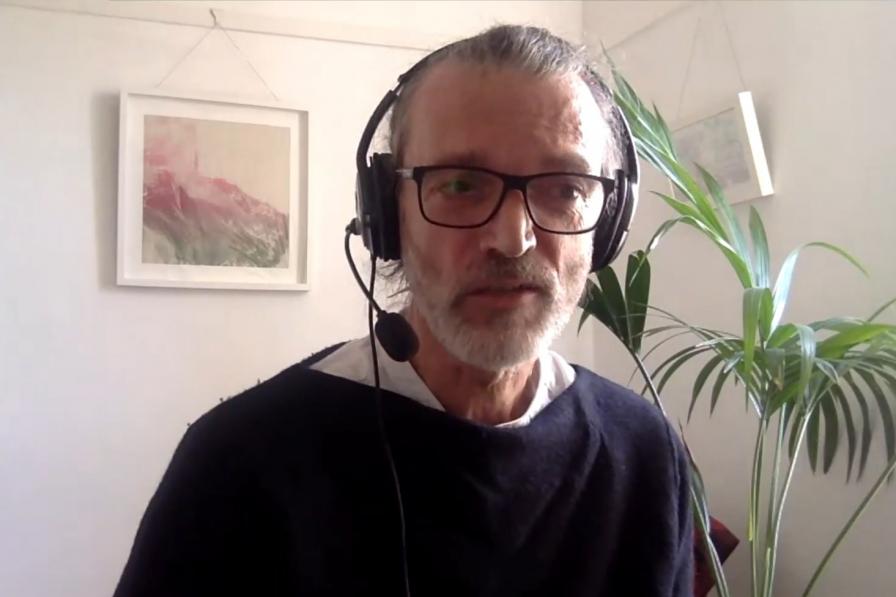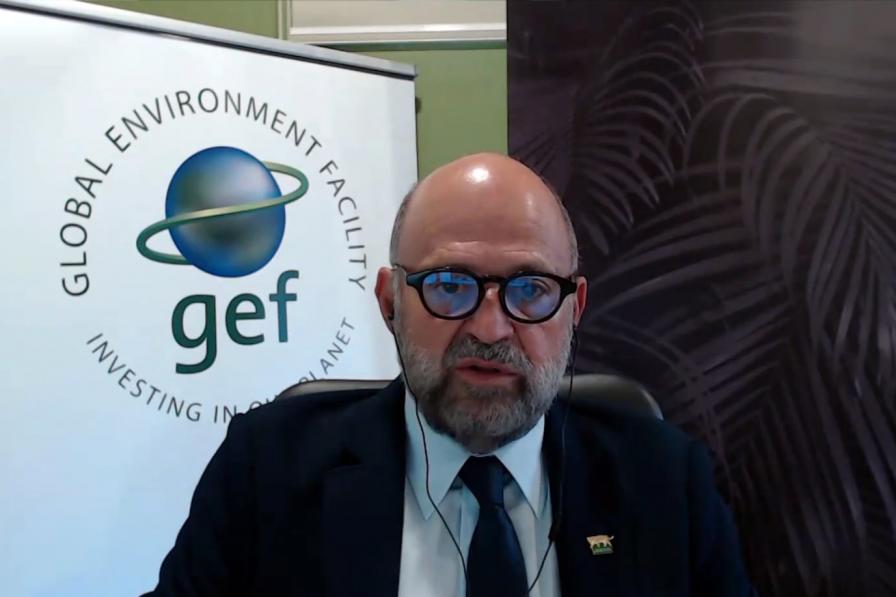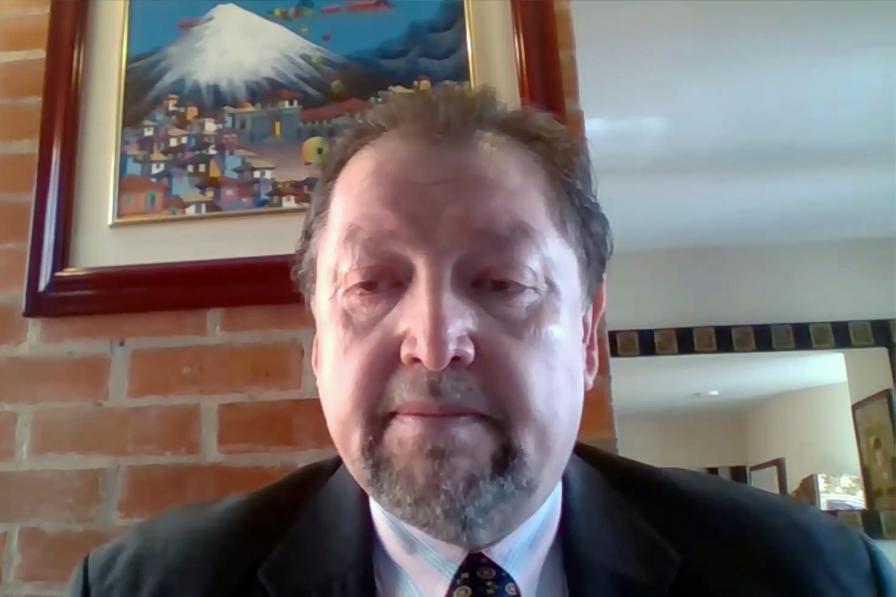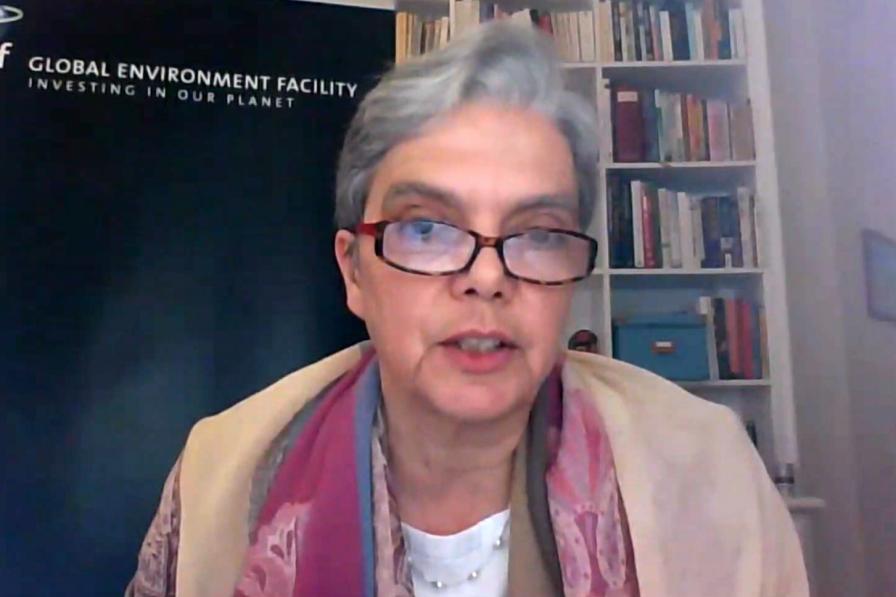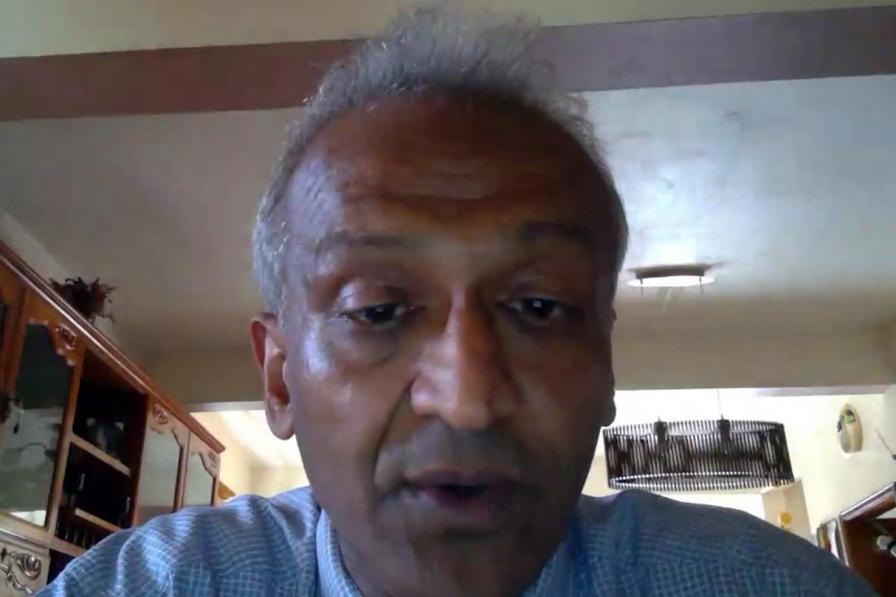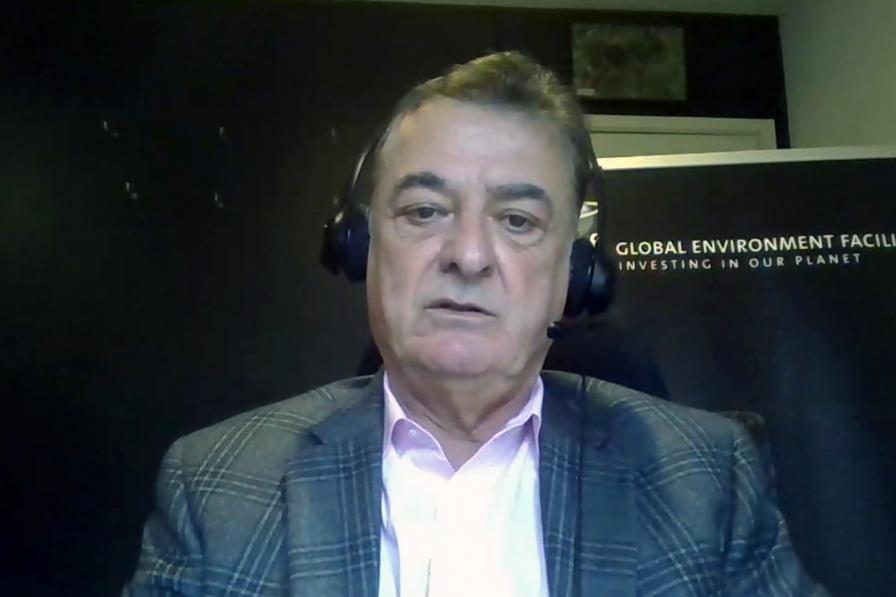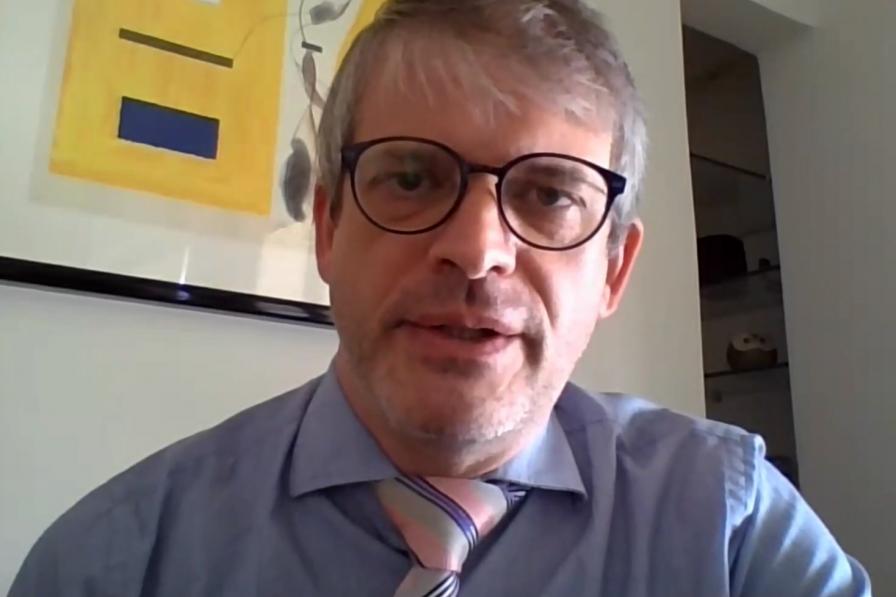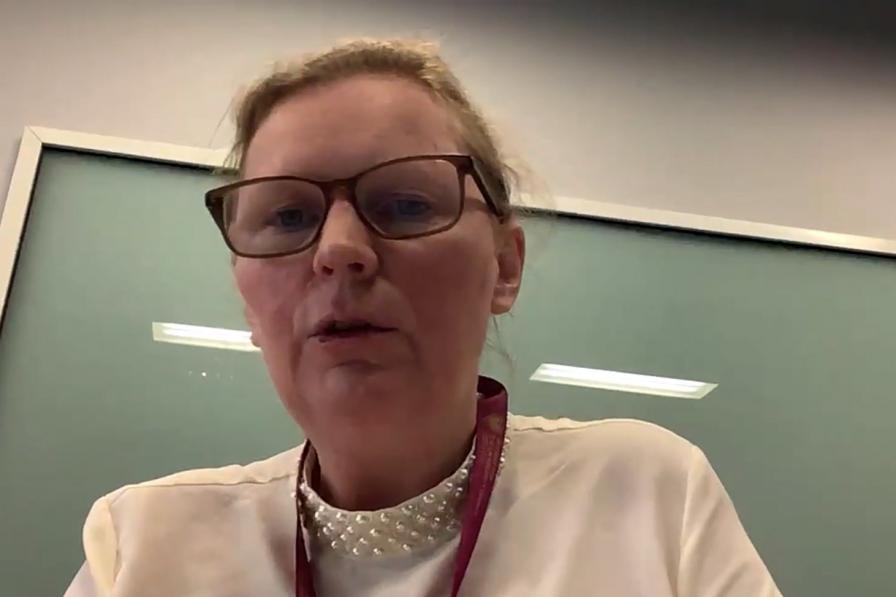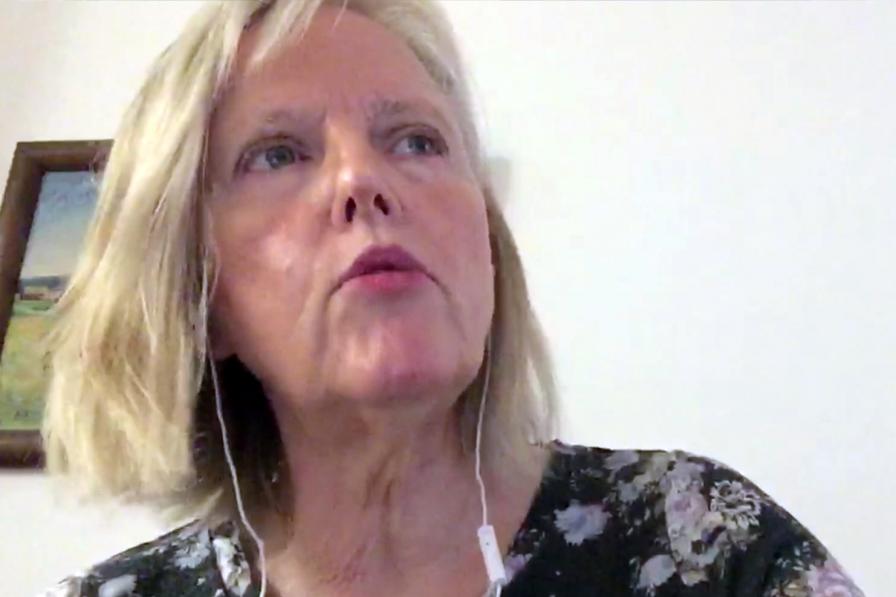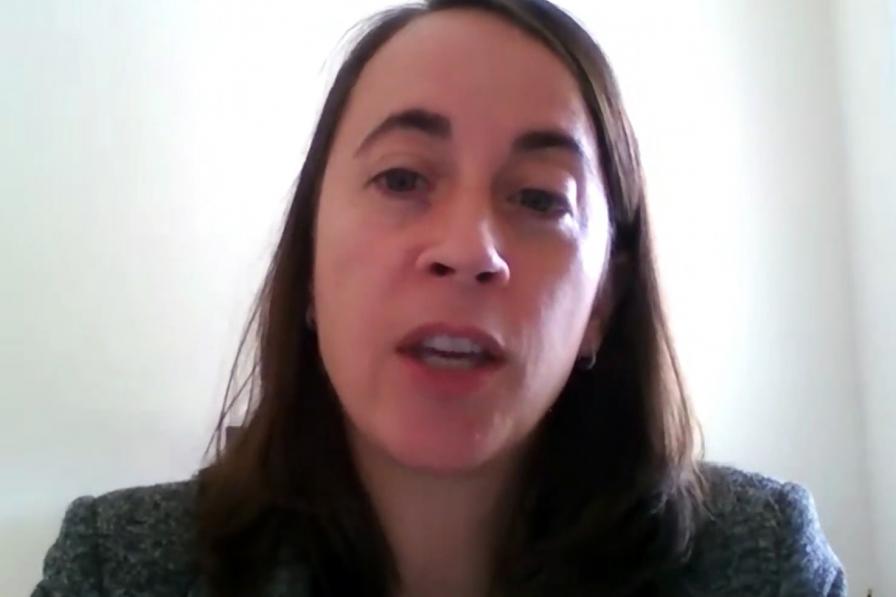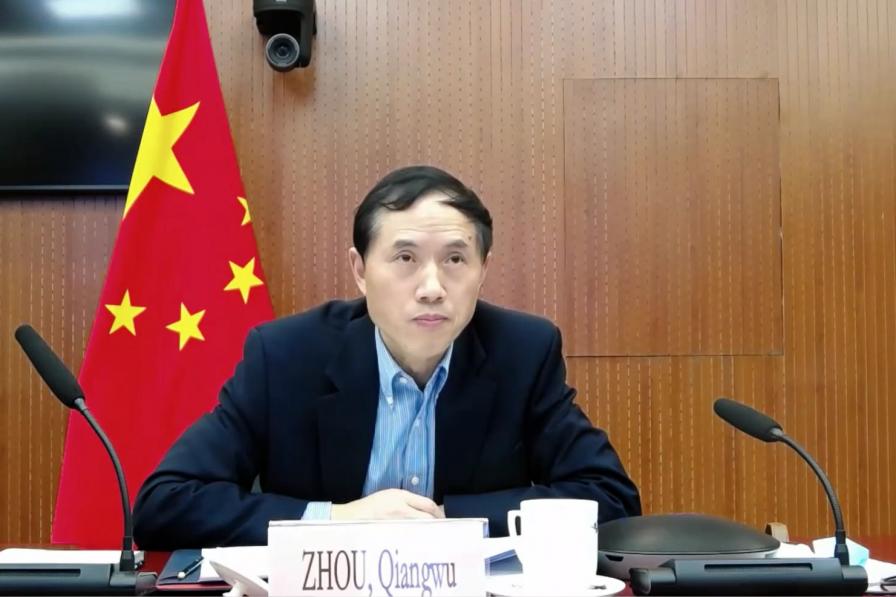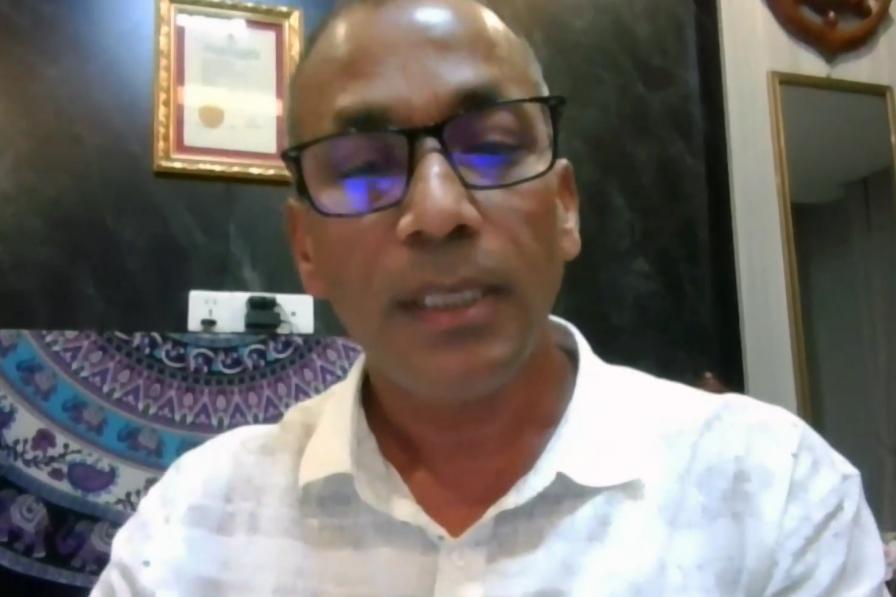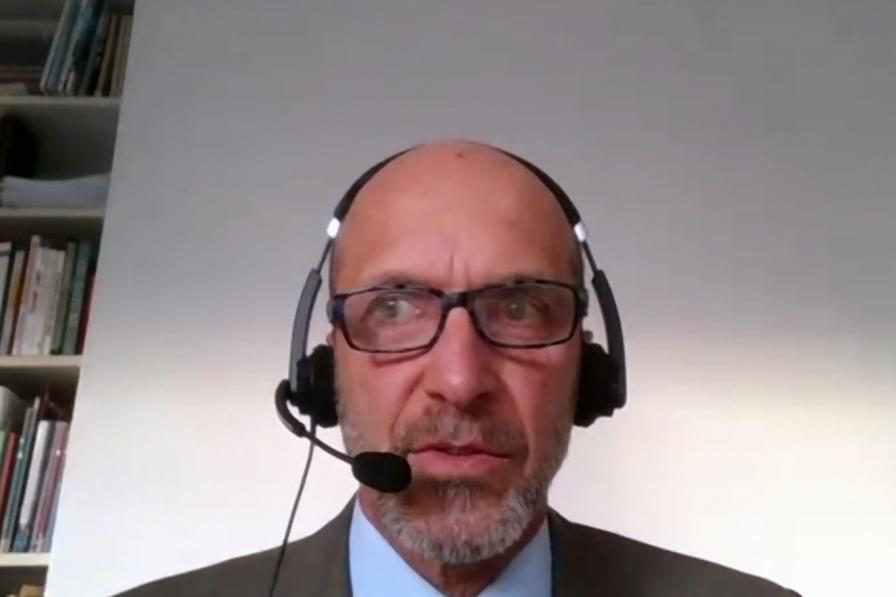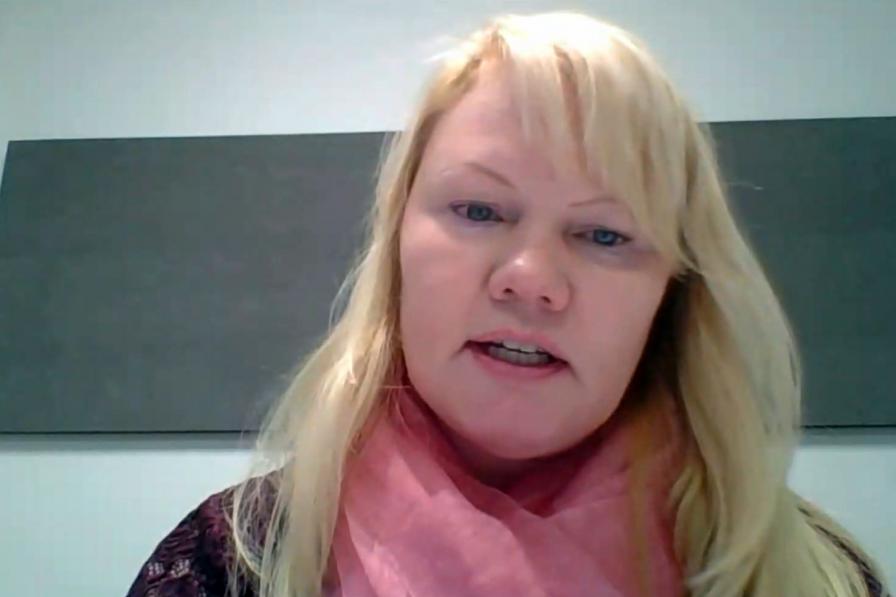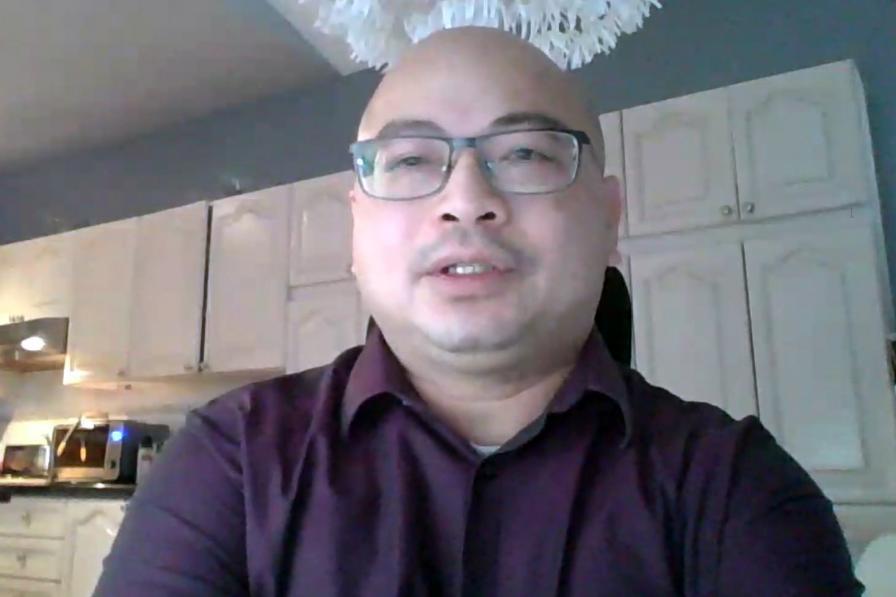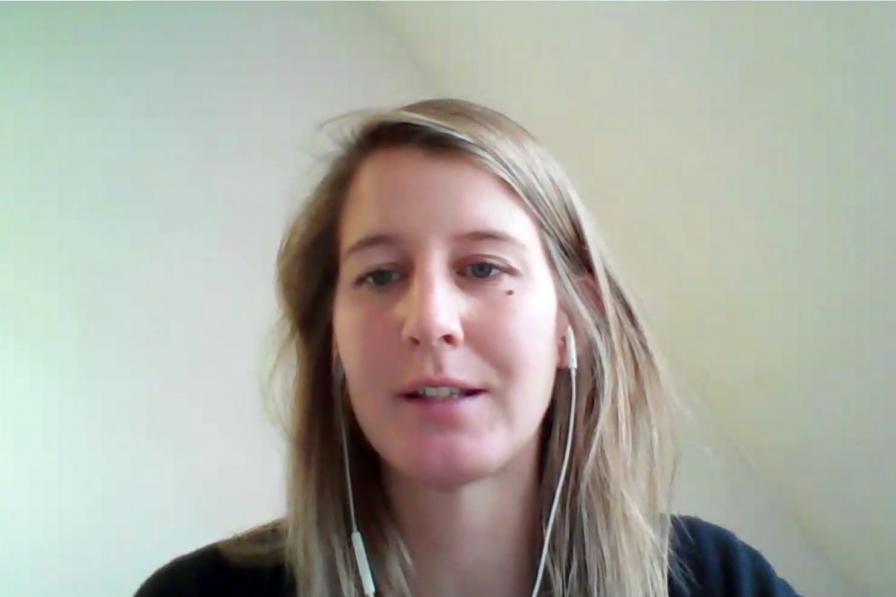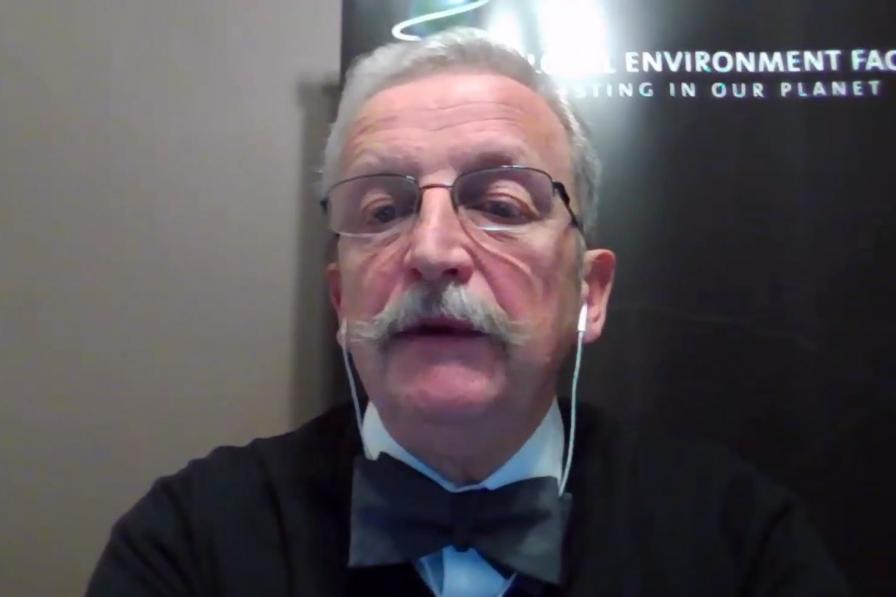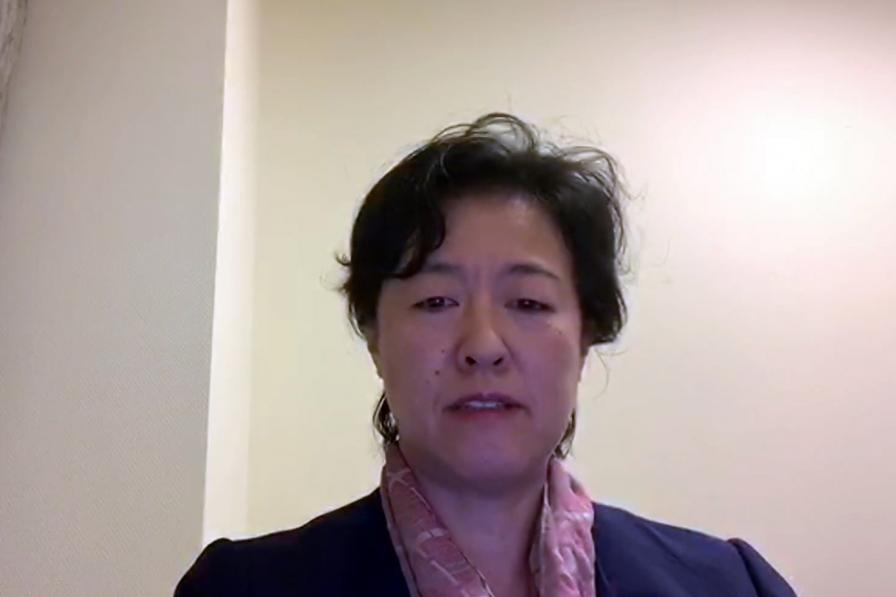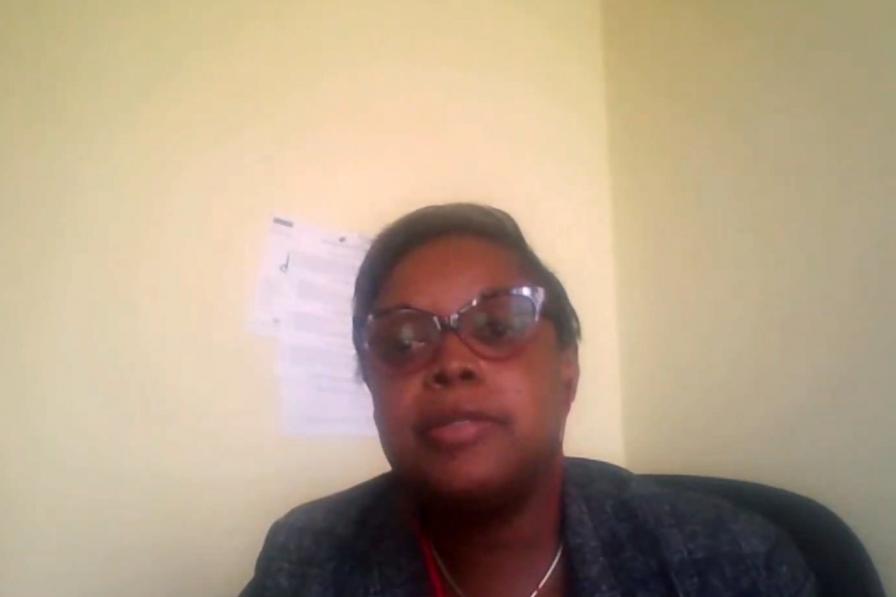GEF CEO and Chairperson, Carlos Manuel Rodríguez, opened the virtual 59th meeting of the GEF Council, observing that the ongoing COVID-19 pandemic is part of a series of overlapping crises that have been triggered by human-caused biodiversity loss and environmental degradation. Noting the pandemic has put urgent short-term economic recovery at the top of government agendas, he emphasized the importance of seizing this “once-in-a-lifetime chance” to address these global challenges in an integrated way.
The GEF Secretariat presented the GEF Monitoring Report 2020, including an assessment of the impact of COVID-19 on select operational areas. Prior to adopting the Report, Council Members sought clarification on, inter alia, reasons for slow implementation of projects by small island developing States, the impacts of COVID-19 on project implementation, and how these impacts affect risk assessment.
Council Members considered the GEF Secretariat Private Sector Engagement Strategy and Implementation Plan, noting its core elements, including: systems orientation for working strategically with multi-stakeholder platforms; internal orientation, which is a systematic approach to crowding-in the private sector; and external orientation, which supports multiple private sector entry points. Members supported the Strategy and Plan noting the need for, inter alia: increased civil society participation in the Strategy and Plan development; capacity building of the private sector to understand modalities of engagement with the GEF; and ensuring priorities of GEF recipient countries are adhered to by the private sector.
Council Members also discussed and adopted the Report on the Assessment of GEF Agencies’ Compliance with GEF Minimum Fiduciary Standards, which presented the findings of the limited compliance reassessment, including Agency self-assessments and certificates of compliance, as well as action plans to address areas of non-compliance.
